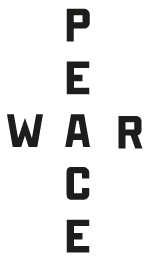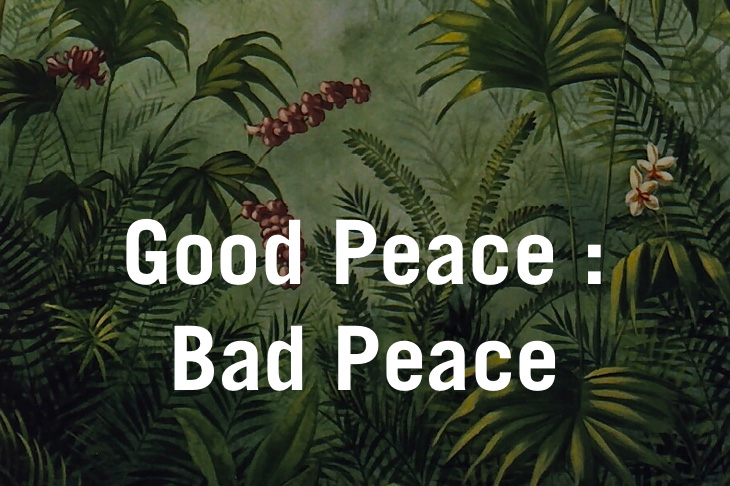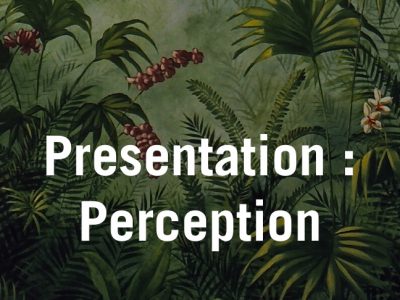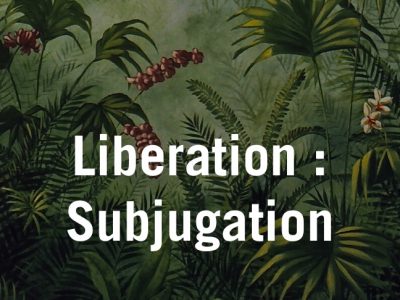Project Info
Project Description
This workshop will focus on the principle of Self-Determination which was championed by President Woodrow Wilson in the deliberations at the Paris Peace Conference. “History will be my judge” is a phrase often used by politicians when making important decisions that will impact on people’s lives. One hundred years after the peace treaties that ended World War I, you will take on the role of a United Nations Commission of Experts. They will review the extent to which the principle of Self-Determination (and subsequently the universal right of self-determination as specified in the United Nations International Covenants) was applied throughout the 20th century. Was it applied objectively or selectively to the claims of various national, ethnic and religious groups to independence or autonomy? To what extent has it always been subject to the practical considerations of international realpolitik? In order to answer these questions, you will work in sub-committees and analyse international decision making in three periods:
1919 – 1945: From the Paris Peace Conference to the end of World War II
1945 – 1990: The Cold War and the period of de-colonisation
1990 – Today: From the end of Communism in Central and Eastern Europe to the present day
The sub-committees will then come together to report and to jointly make recommendations to the Office of the Commissioner for Human Rights. The goal is to show ways in which the universal right of self-determination might be re-drafted in the UN conventions to make it more specific and to take account of changing circumstances in the world.
This workshop is provided by
 The European Association of History Educators (EUROCLIO) is an umbrella association of more than seventy history, heritage, and citizenship educators’ associations and other organisations active in the field. The organisation was established in 1992 on request of the Council of Europe. Since then, EUROCLIO has worked in many European countries and beyond on a large variety of issues related to the learning and teaching of history.
The European Association of History Educators (EUROCLIO) is an umbrella association of more than seventy history, heritage, and citizenship educators’ associations and other organisations active in the field. The organisation was established in 1992 on request of the Council of Europe. Since then, EUROCLIO has worked in many European countries and beyond on a large variety of issues related to the learning and teaching of history.
Teamer
UTE ACKERMANN BOEROS
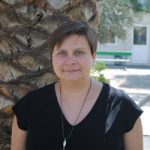
Germany
- Was a state examination in History, English and Italian (University of Tubingen, Germany) as well as a Masters Degree in International Relations (University of Nicosia, Cyprus)
- Department Head of Social Studies as well as History and Theory of Knowledge teacher at the American International School in Cyprus
- Special interests in History of the 20th century and International Relations
ROBERT STRADLING
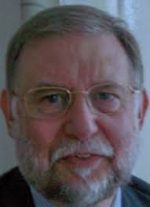
United Kingdom
- Former lecturer in modern political history at University of London and Deputy Director of Evaluation and Policy Studies at the National Foundation for Educational Research
- Before his retirement in 2012, he was a Senior Research Fellow and Director of the Blueprint Research Centre at the University of Edinburgh
- Editor-in-chief of Historiana, a history education website promoted by EUROCLIO
